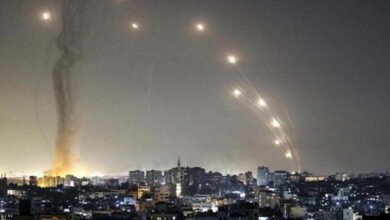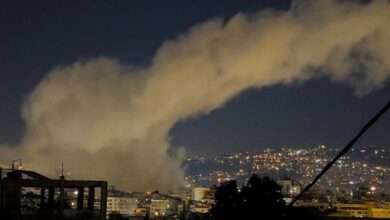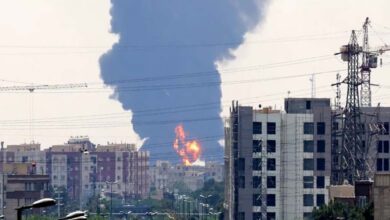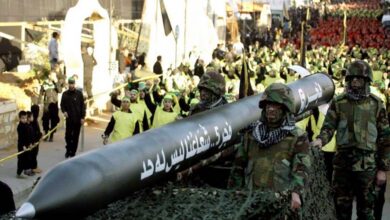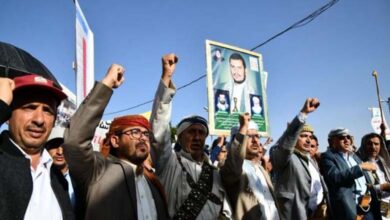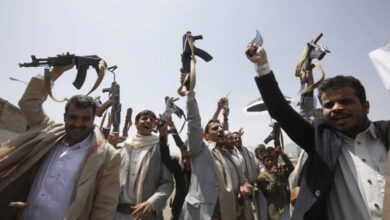The Sunni and Shia Components: Renewed US-Iranian Conflict Escalates in Iraq – Key Scenarios
Iraq witnesses a US-Iranian conflict
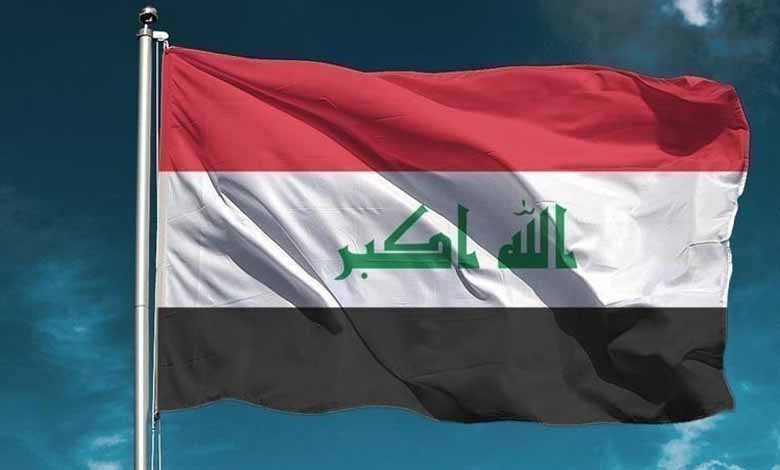
The debate over the US military presence in Iraq has resurfaced, prompting Washington to defend this presence explicitly, stating that it is for protecting its interests and embassy, and its continuation is contingent on Iraq’s ability to safeguard embassies and diplomatic missions.
With the frequent sighting of American forces in Iraq, it is believed that the US stance is clear in the continuation of an American strategy to secure its interests in Iraq, the Middle East, and specifically the Arab Gulf.
Decades-Long Crisis
A continuous crisis for many years, spanning over 40 years, revolving around Iraq. Iraq has consistently been the arena for a major conflict between the United States and Iran, with each side trying to control a popular component to further fuel sectarian tensions within the country.
A Review of US Policy Without Altering Core Objectives – protecting key energy sources in the region, maintaining steadfast support for Israel, and countering Iranian influence everywhere.
After the final results of the general elections in Iraq on 10/10/2021, the situation turned upside down following a statement issued by the Shia reference based in Iran, Ayatollah Kazim al-Haeri, on August 28, 2022. This statement could be described as “booby-trapped,” as it contained highly provocative positions both in meaning and outcome. At the forefront was the stance of the Shia religious leadership towards the political process in Iraq and how the relationship between the Iranian Qom reference and the Iraqi Najaf reference affects this process.
US Support for the Sunnis
Iraqi political activist Sufyan Al-Samarrai believes that the US is extending its reach to all Iraqi Sunni cities, and the Shiite paramilitary forces allied with the Iranian militias in Iraq are in a state of fear, content with denial and refuting reports coming from Iraq. These forces are trying to convince the Shia that the US will not turn against them since it brought them there via American tanks, and it cannot abandon its mercenaries, just as it did in Afghanistan.
Experts also believe that the United States is no longer capable of confronting armed factions, as these factions also have influence and relationships with parties and political leaders in power. The Iraqi armed forces will not engage in confrontation with these armed groups. As a result, the security threat to the American presence, whether oil companies or others, will persist. These threats provide a pretext for US forces to provide protection and security.
Dr. Abdul Kareem Al-Wazzan, an Iraqi political analyst, states that the US military presence in Iraq is due to Washington’s insistence that it is for protecting its interests and embassy, and its continuation is contingent on Iraq’s ability to safeguard embassies and diplomatic missions. However, in reality, this presence is due to its presence in the Middle East.
Al-Wazzan affirms in exclusive statements that the US stance is clear and is a continuation of an American strategy to secure its interests in Iraq, the Middle East, and the Arab Gulf, and to remain a continuous counter to Iran.


